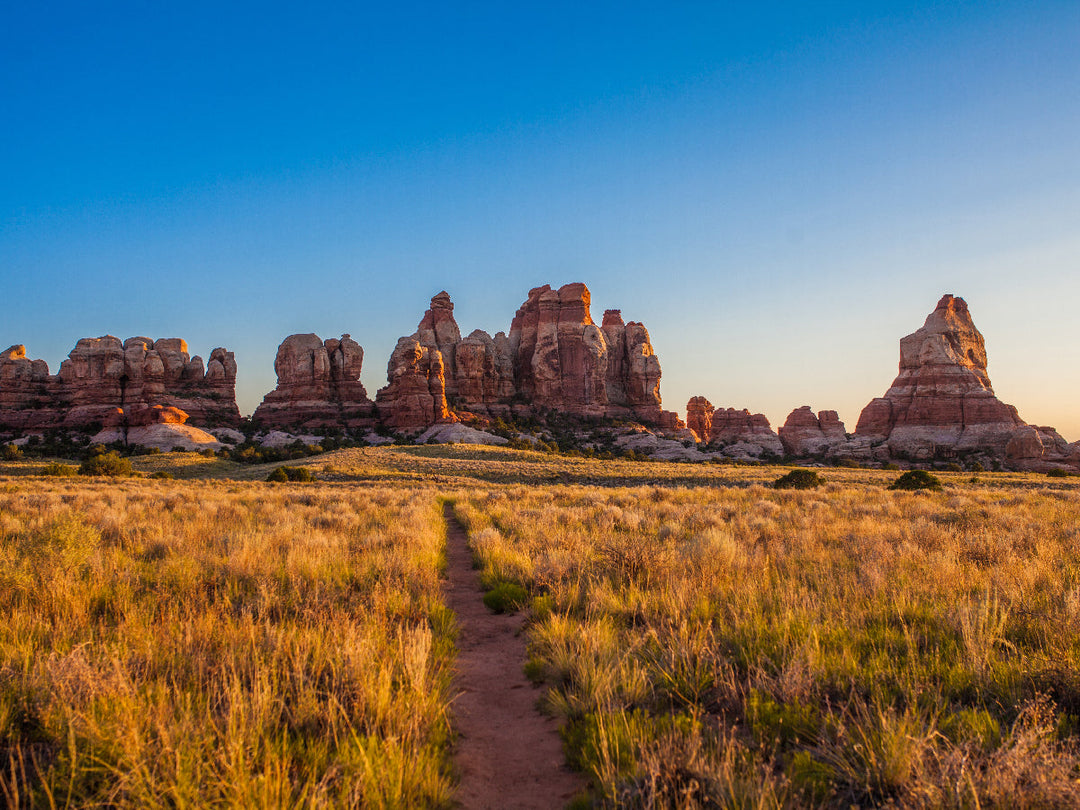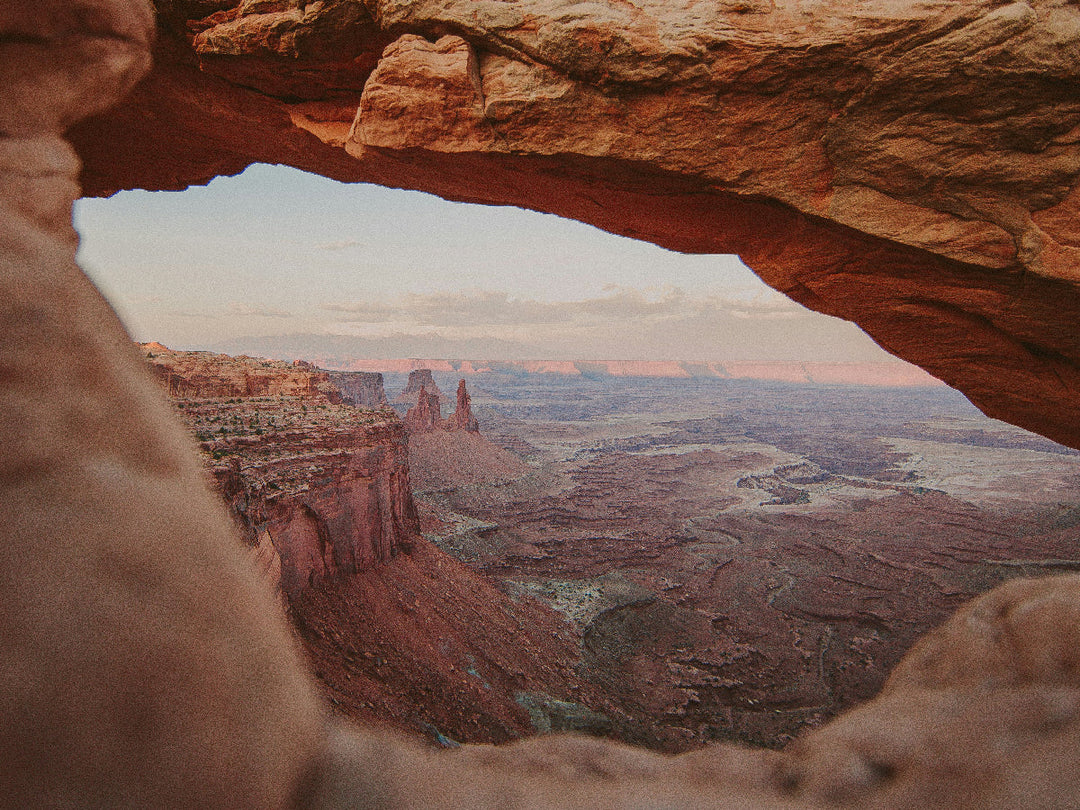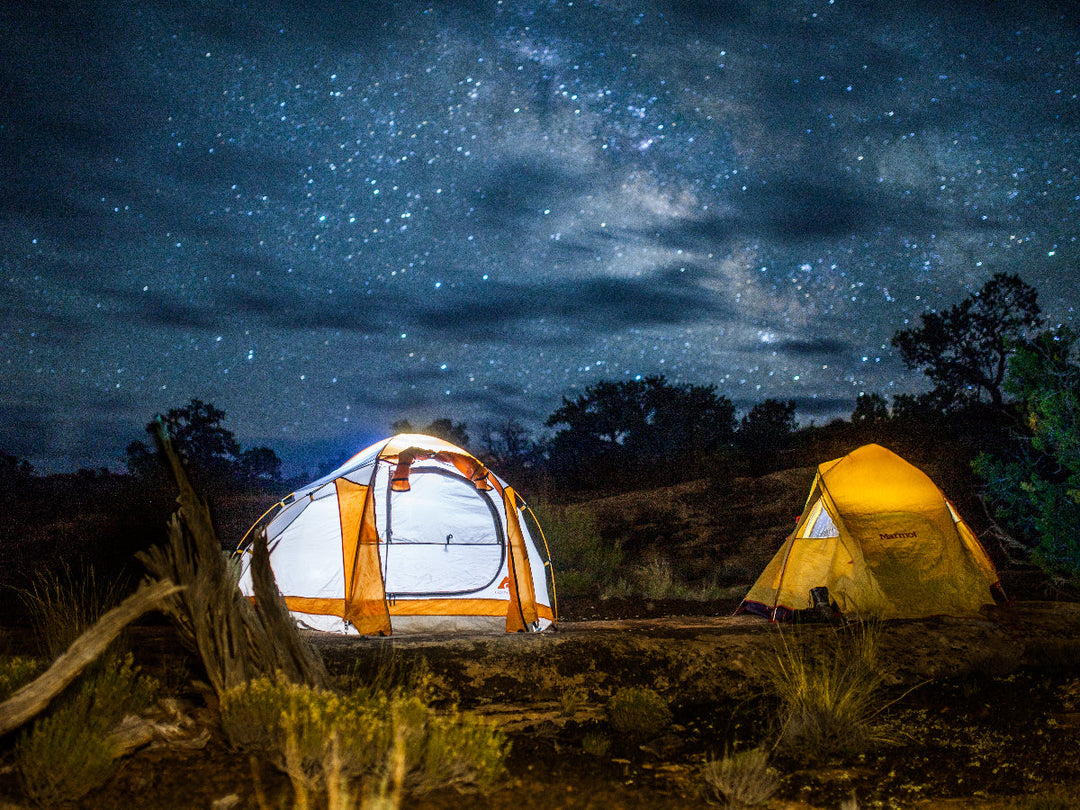Be Bear Aware! Wildlife Safety Tips | Backpacker's Pantry

Bear Safety Tips For Your Wilderness Adventures
As you’re out adventuring, it’s not uncommon to encounter wildlife. After all, our playground is their home!
Most animals are far more afraid of us humans than we are of them, but being in bear territory requires some extra wildlife safety considerations. Follow these bear safety tips so that everyone stays safe, including the bears.
Always use a bear bag or bear canister when storing food
Bears are hungry creatures, and they’ll take full advantage of any opportunity to dig into food that isn’t stored properly. That’s why you need to carefully store food out of reach before you zip up your sleeping bag at night.
Regulations vary based on location, but the simplest solution is to use a bear bag. All you need is some rope, a bag (dry sacks work well), and some trees. If you aren’t skilled in bear bag setup, have a look at this guide. Don’t forget to put trash and scented toiletries in your bag or canister, too.
It’s important to check any regulations before leaving home, too. For example, bear canisters are required in some areas. Some people even prefer to use bear canisters for all of their wilderness exploits, since they’re so dependable.
Never eat food in your tent
Similarly, never eat in your tent. Bear noses are sensitive, and those granola bar crumbs could be enough of an incentive to try rifling through your tent. This also helps keep other hungry critters away.
Don’t forget to pack bear spray
Carrying a can of bear spray in bear country never hurts (if you know how to use it, that is), because it’s a proven way to reduce the severity and length of a bear attack. The general rule is to use bear spray as a final means of defense if a bear approaches.
A commonly held belief is that a gun will be more effective than bear spray, but this is untrue: Studies have found a 90% success rate when deterring an attack with bear spray, versus 76% efficacy for long guns and 84% for handguns.
Make yourself known in bear country
You don’t need to sing at the top of your lungs during every hike, but make some noise so that bears and other wildlife are aware of your presence. Remember, they generally want to avoid humans, too.
Hiking with a buddy also reduces your chance of a bear attack. According to bear biologist Tom Smith, “We don’t have a single incident in all of North America in which a bear has attacked a group of people.”
Should I “play dead” if a bear attacks?
According to Smith, the advice to “play dead” if attacked by a bear isn’t always the safest choice. If a grizzly bear attacks, remain face down with your legs spread, and cover your neck with clasped hands. If you’re wearing a backpack, that will offer some protection.
However, in the rare event a black bear attacks, you need to attack back. They’re fast, so you need to stand your ground, make noise, and fight using any objects that are available. It’s a very scary thought, but if you’ve brought bear spray along you have the ideal first line of defense.
Additional bear safety resources
Learning more about the animals we share nature with is worthwhile, and these resources will teach you even more about bear safety:





